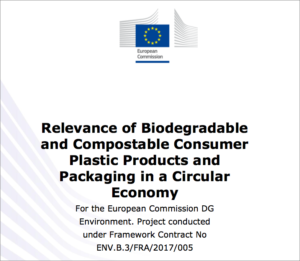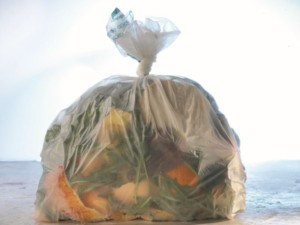The Witzenhausen Institute and the University of Bayreuth conducted a very interesting study, analysing the compost of several German industrial composting facilities for possible plastic content deriving from compostable biowaste bags. The field study concluded that compostable bags, certified according to the European standard EN 13432, do not pose any challenges to the quality of the compost. During the research project, the results of which were published in the May edition (05/2020, in German) of the German trade magazine „Müll und Abfall“, the scientists analysed a total of 30 samples and in 25 of them no residues from compostable bags were detected. However, 98 percent of the plastic particles that were found derived from PE or other conventional plastics.
The study adds very important data to a discussion which, so far, has almost exclusively been conducted emotionally and in absence of any scientific facts. Since many years, industry representatives, such as the German industry association Verbund kompostierbarer Produkte, state that compostable biowaste bags are not the problem but can be part of the solution: “The study results once again prove that the use of biopolymers doesn’t negatively affect the compost. On the contrary, they provide the consumers with hygienic and high-quality solutions for the separate collection of biowaste”, says Peter Brunk, Chairman of Verbund.
The study also showed the importance of a mandatory certification for the acceptance to use compostable biowaste bags. In order to ensure a high-quality compost, biowaste bags made from paper, whether including a coating or not, should also need to pass a certification process.



